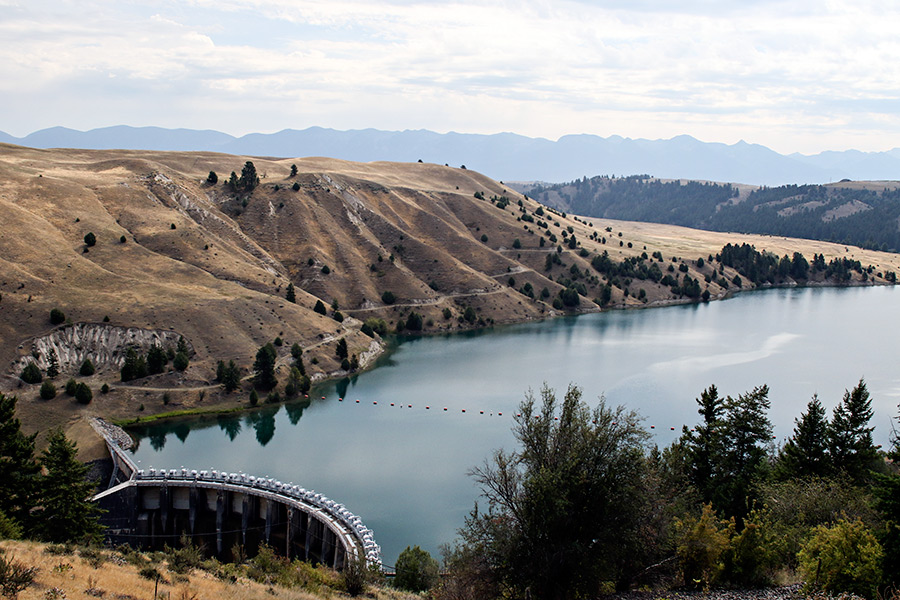A group called the Citizens Equal Rights Alliance (CERA) held a conference in Kalispell on Sept. 26 that drew protests from tribal members and human rights advocates who say the group is a front for a fundamentally racist agenda.
In the days leading up to the conference, titled “This Land is Our Land … Or Is It?” the co-director of the Montana Human Rights Network blasted the alliance as “the most notorious anti-Indian group in the country,” while conference organizers dismissed the label and defended the group’s agenda as a means to reform federal tribal government, which they call overreaching and have loudly criticized for its lack of transparency.
“One of the biggest misunderstandings about CERA is that it targets tribal members. CERA targets federal government decisions about federal Indian policy and not the tribes themselves,” said Elaine Willman, the group’s former chairwoman who recently moved from Wisconsin to live on the Flathead Indian Reservation after identifying Montana as “ground zero” for what she says is an attempt by the federal government to “spread tribalism as a governing system while eliminating state authority and duty to protect its citizens.”
In western Montana, the issue has been especially polarizing in the past year, gaining heightened relevance with the passage this spring of the controversial water compact with the Confederated Salish and Kootenai Tribes and the transfer of the former Kerr Dam to tribal authority, a move that one of the conference’s keynote speakers sought to derail by filing a lawsuit on behalf of two Montana politicians.
Lawrence Kogan is a New York City attorney who represents Montana state Sen. Bob Keenan, R-Bigfork, and former state Sen. Verdell Jackson, R-Kalispell, in a lawsuit aimed at preventing CSKT from taking over what is now called the Salish Kootenai Dam earlier this month. A federal judge rejected the lawsuit, writing that the plaintiffs “failed to raise any fact or point to any evidence in the application for transfer” that called into question the tribes’ “suitability” to manage dam operations.
U.S. attorneys have since asked the judge to dismiss the lawsuit outright.
According to Devin Burghart of the Institute for Research and Education on Human Rights, who researches national far-right social and political movements, “CERA leaders spread misinformation and far right conspiracy theories that encourage bigotry against Indian people. CERA’s mean-spirited attacks on tribal rights have found a home in a broader far right movement threatening civil rights, environmental protection and economic justice.”
Francine Dupuis, a tribal member who lives in Pablo, attended a rally that took place outside the conference along with her grown children and grandchildren. She said the presence of critics to the group was not a validation of their credibility, but rather an opportunity to showcase the other side of the story.
“If we just ignore it, we’re not going to disperse it,” Dupuis said. “We’ve seen these groups before and they’re coming out of the woodwork again, so we need to make a presence.”
Among the regional conference’s agenda topics were: “How the United States Owns Water;” “Kerr Dam, the CSKT Water Compact and Federal Challenges;” and “Update on Transfer of Public Lands,” which was presented by Montana Sen. Jennifer Fielder, R-Thompson Falls.
Willman said about 65 people attended the event, and that she isn’t surprised by critics of CERA, a nonprofit organization that dates back a quarter of a century that has often served as a whipping post for detractors.
“CERA has been attacked for 25 years because we believe in transparency and equal rights,” Willman said. “We are not going to be muzzled.”
